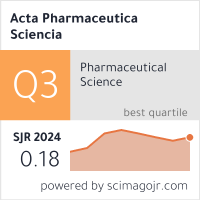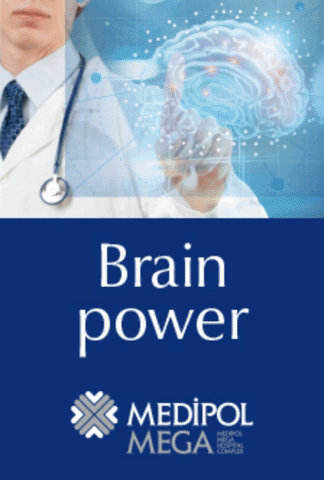ACTA Pharmaceutica Sciencia
2025 , Vol 63 , Num 3
Potential of anti-methicillin-resistant Staphylococcus aureus (MRSA) activity of the marine-associated bacterial extracts
1 Prince of Songkla University, Faculty of Natural Resources, Department of Aquatic Sciences, Hat-Yai, Songkhla, 90110 Thailand2 Walailak University, School of Allied Health Sciences, 222 Thaiburi, Thasala District, Nakhonsithammarat, 80161 Thailand
3 Rajamangala University of Technology Srivijaya, Faculty of Sciences and Fishery Technology, Department of Marine Science, Trang Campus, Sikao 92150 Thailand
DOI : 10.23893/1307-2080.APS Viewed : 1829 - Downloaded : 734 Methicillin-resistant Staphylococcus aureus (MRSA) is a global health threat, highlighting the urgent need for new treatments as antibiotic effectiveness wanes. Marine microbes are valuable sources of potential anti-MRSA compounds. In this study, marine bacteria were isolated, cultured in marine broth, and extracted with ethyl acetate. The extracts were tested against clinical MRSA 142. Among four bacteria isolated from sponges and sediment, isolates S6.2 (sponge-derived) and SK3 (sediment-derived actinobacteria) showed the strongest anti-MRSA activity, with MIC values of 0.156 mg/mL and 0.078 mg/ mL, respectively. HPLC analysis revealed key peaks at Rt 25.58 and 29.02 minutes for S6.2 and a prominent peak at Rt 29.18 minutes for SK3. The SK3 isolate exhibited robust growth and high metabolite production on marine agar, ISP no. 2, 5, and 7, indicating it a promising candidate for anti-MRSA compound production. Keywords : anti-MRSA, marine associated bacteria, extracts, culture, potential





